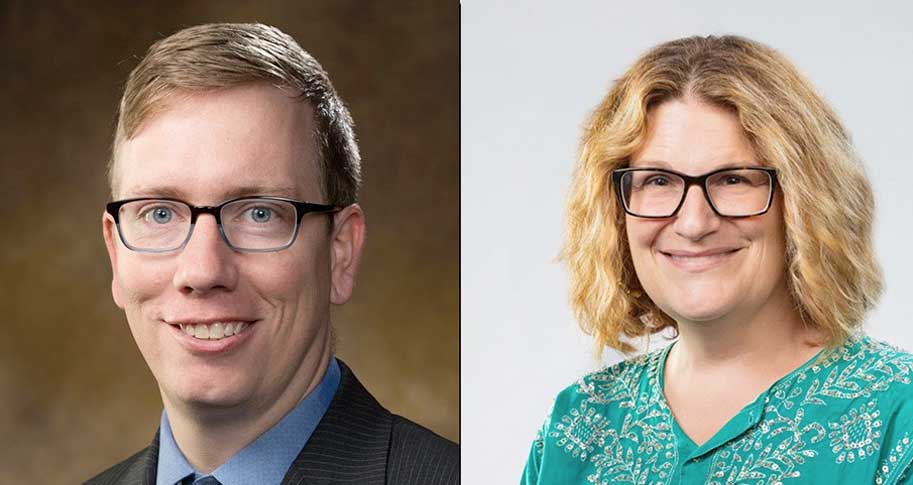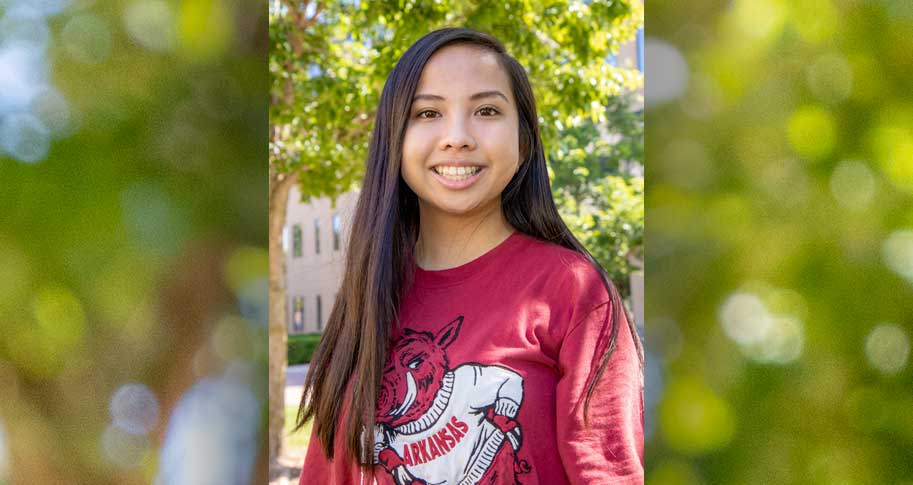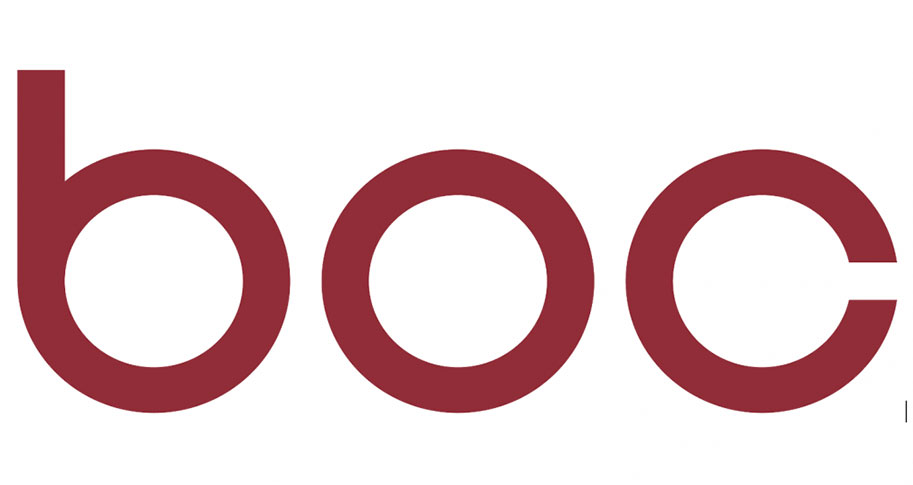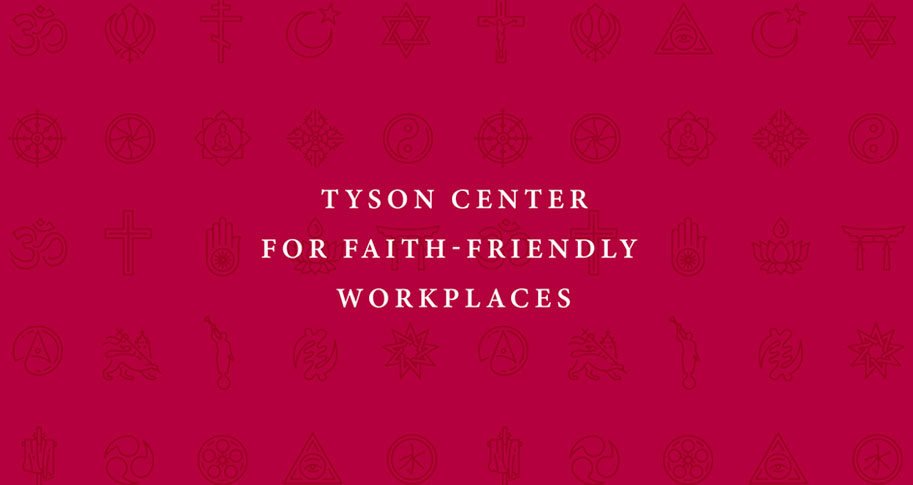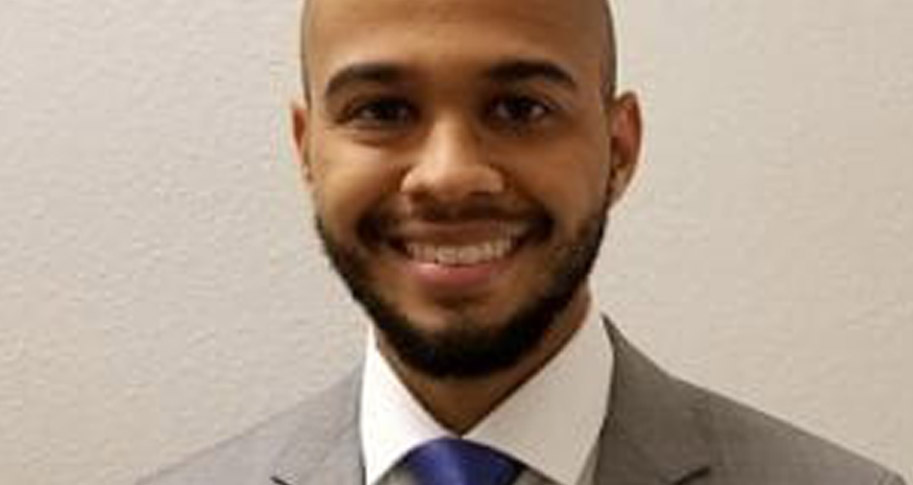
Burke will use the award to fund his field experiment which provides free college mentoring within Arkansas. The fellowship will also fund travel and conference attendance.
“The program targets minority, first-generation and underprivileged high school students and tests how information asymmetry and a student’s identity is impacted by different mentoring matches and information framing,” Burke said. “Simply put, I am running an experiment to see how students change their college investment (application) strategies and perceptions based on the identity of a perspective mentor and the relevance of the information to their own identity.”
He will present his findings at a conference presentation or in a peer-reviewed journal by August 31, 2021.
“I am excited that I will have more financial support to expand the college mentoring aspect of my field program and help more students across the state have access to higher education,” Burke said. “This opportunity helps validate that an unbiased third party sees the policy relevance and value in the work I am doing and reaffirms that I am doing desirable research in behavioral economics and the economics of education.”
Burke’s research focuses on behavioral economics and applied microeconomics using experimental methods. He teaches principles of microeconomics and serves as a graduate mentor and graduate assistant. He received a B.A. Economics from Manhattan College, a M.S. Resource and Applied Economics from the University of Alaska Fairbanks and is in progress to complete a Ph.D. in economics from the University of Arkansas.
The Institute for Humane Studies promotes the teaching and research of classical liberal ideas and advances higher education’s core purpose of intellectual discovery and human progress. It is affiliated with George Mason University.

